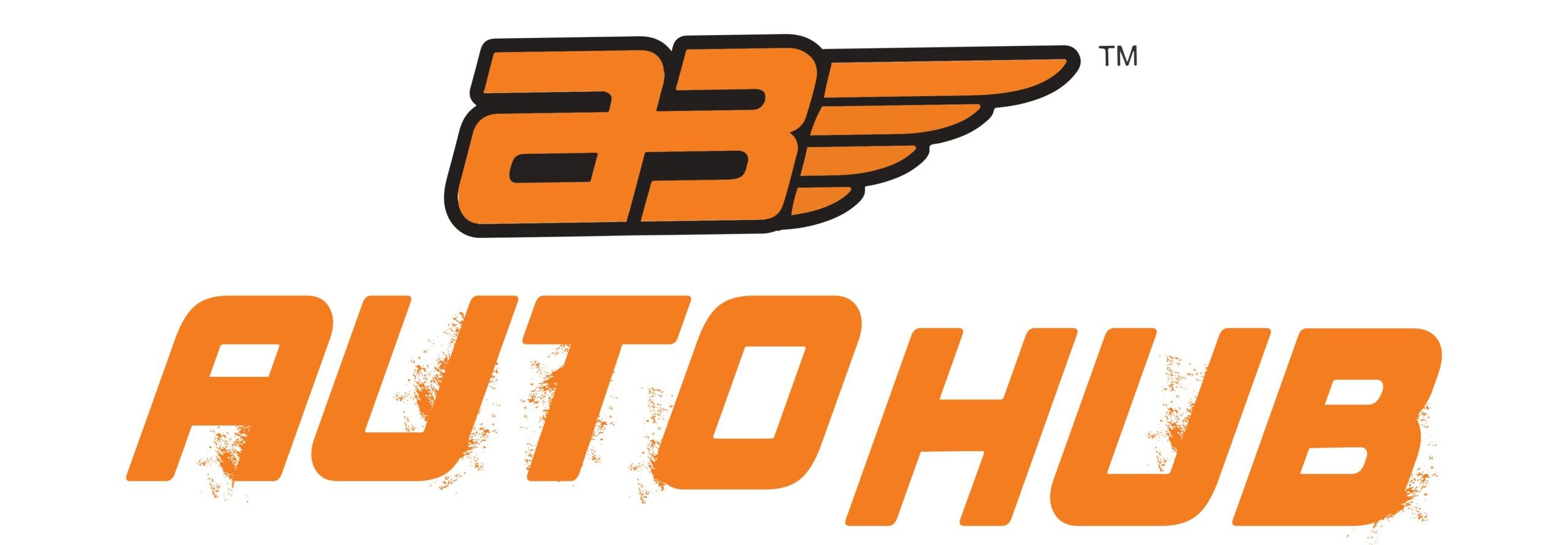Cryptocurrency market
On May 12, Hobbs rejected Senate Bill 1373, which sought to establish a Digital Assets Strategic Reserve Fund. The fund would have allowed Arizona to hold crypto assets obtained through seizures or legislative allocations https://kokapandit.net/banking/paysafecard/.
Arizona Governor Katie Hobbs vetoed two key cryptocurrency-related bills that aimed to expand the state’s involvement in digital assets while signing a strict regulatory measure targeting Bitcoin ATMs.
VanEck joins a burgeoning field of traditional financial firms that have launched RWA tokenized funds, with competitors including BlackRock and Franklin Templeton. In January, Apollo, an investment firm with $751 billion in assets under management, also launched a private credit tokenized fund.
The fund, called VBILL, will be initially available on Avalanche, BNB Chain, Ethereum and Solana blockchains, VanEck said in a May 13 statement. The fund’s minimum subscriptions start at $100,000 for investments running on Avalanche, BNB Chain, and Solana, while the minimum subscription on Ethereum is $1 million.
Investment firm VanEck is launching a tokenized real-world asset (RWA) fund that offers exposure to US Treasury bills, developed in partnership with tokenization platform Securitize. The initiative places VanEck among a growing number of traditional finance firms entering the RWA tokenization space.
Hawk tuah girl cryptocurrency lawsuit
I take this situation extremely seriously and want to address my fans, the investors who have been affected, and the broader community. I am fully cooperating with and am committed to assisting the legal team representing the individuals impacted, as well as to help uncover the…
Haliey Welch, who catapulted to internet fame after a street interview in which she detailed an oral sex technique, has apologized for her role in the Hawk Tuah meme coin scandal. She added that her silence since the incident was part of a “much-needed” mental health break.
In response to the news of the lawsuit statement, Welch hoped to assure her fans and anyone who had invested in the cryptocurrency as she said on Twitter: “I take this situation extremely seriously and want to address my fans, the investors who have been affected, and the broader community.

I take this situation extremely seriously and want to address my fans, the investors who have been affected, and the broader community. I am fully cooperating with and am committed to assisting the legal team representing the individuals impacted, as well as to help uncover the…
Haliey Welch, who catapulted to internet fame after a street interview in which she detailed an oral sex technique, has apologized for her role in the Hawk Tuah meme coin scandal. She added that her silence since the incident was part of a “much-needed” mental health break.
Pi network cryptocurrency
Dr. Nicolas Kokkalis, leading the tech side, earned his Computer Science PhD at Stanford, where he also taught the university’s first course on decentralized apps. His work has focused on making distributed systems and human-computer interaction play well together. Interestingly, he cooked up a smart contract framework even before Ethereum came along and also co-founded StartX, a startup incubator connected to Stanford.
One of the most significant controversies surrounding Pi Network involves its repeated development delays. The project’s Open Network launch, initially suggested for early 2022, remains unrealized nearly three years later. These delays have tested the community’s patience and raised questions about the project’s long-term viability.
Pi Network has to navigate a tricky world of global rules about whether it’s a security, meeting anti-money laundering and KYC rules (which it’s working on), protecting user data (like GDPR), and how it’s taxed. There isn’t much public info about thorough, independent security checks on Pi Network’s main system, which still makes some experts uneasy.

Dr. Nicolas Kokkalis, leading the tech side, earned his Computer Science PhD at Stanford, where he also taught the university’s first course on decentralized apps. His work has focused on making distributed systems and human-computer interaction play well together. Interestingly, he cooked up a smart contract framework even before Ethereum came along and also co-founded StartX, a startup incubator connected to Stanford.
One of the most significant controversies surrounding Pi Network involves its repeated development delays. The project’s Open Network launch, initially suggested for early 2022, remains unrealized nearly three years later. These delays have tested the community’s patience and raised questions about the project’s long-term viability.
Pi Network has to navigate a tricky world of global rules about whether it’s a security, meeting anti-money laundering and KYC rules (which it’s working on), protecting user data (like GDPR), and how it’s taxed. There isn’t much public info about thorough, independent security checks on Pi Network’s main system, which still makes some experts uneasy.




